Lead Contamination Testing Timing
Lead contamination testing is a critical process to identify the presence of lead in drinking water, soil, and building materials. Conducting tests at appropriate times ensures accurate results and helps prevent exposure to lead, which can cause serious health issues. Proper timing can also optimize testing resources and compliance with regulatory standards.
Testing should occur during the initial inspection of a property, especially if it is an older building or undergoing renovations.
Conduct lead testing prior to starting renovation or demolition activities to assess potential risks and implement safety measures.
After lead removal or mitigation efforts, testing confirms the effectiveness of remediation and ensures safety.
Regular testing in areas with known lead risks helps monitor ongoing exposure and maintain safe environments.
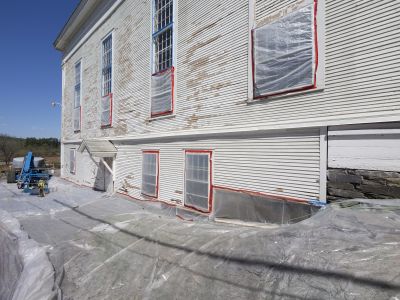
Ways to make Lead Contamination Testings work in tight or awkward layouts.
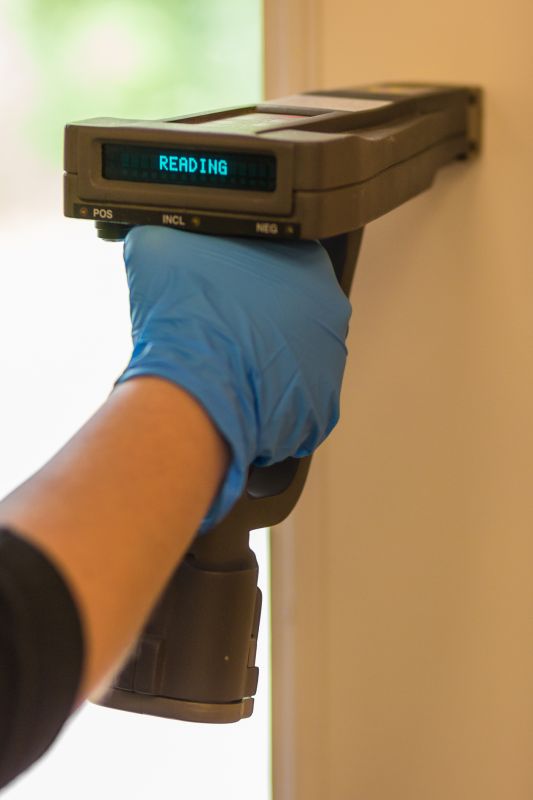
Popular materials for Lead Contamination Testings and why they hold up over time.
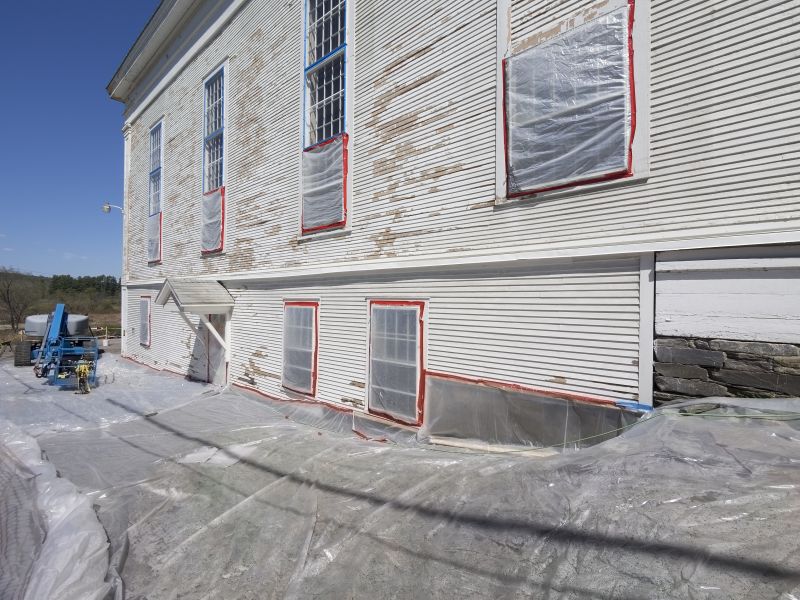
Simple add-ons that improve Lead Contamination Testings without blowing the budget.
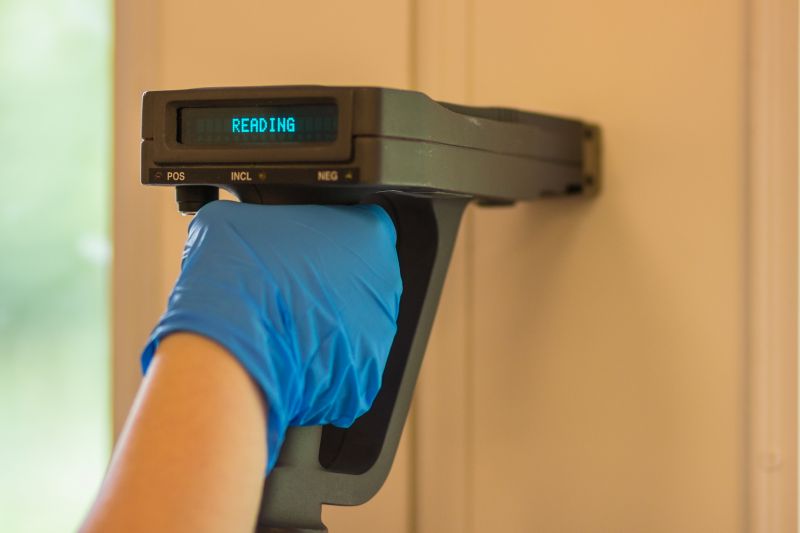
High-end options that actually feel worth it for Lead Contamination Testings.

Finishes and colors that play nicely with Lead Contamination Testings.
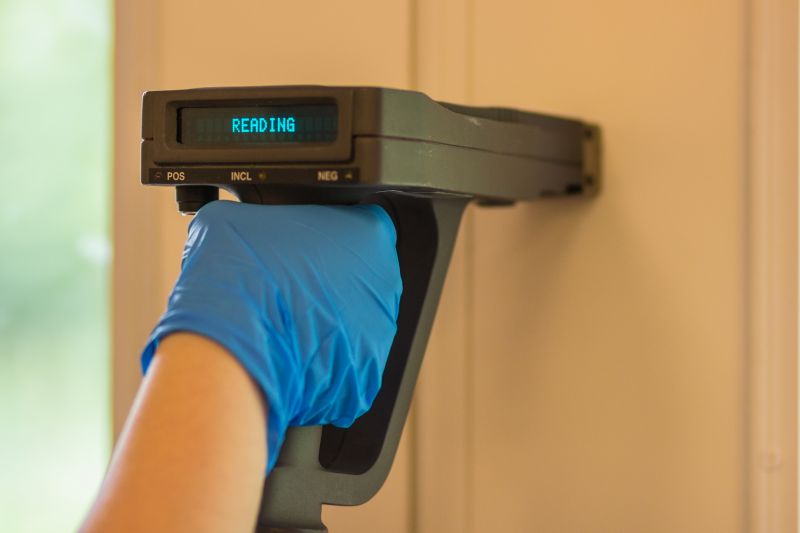
Little measurements that prevent headaches on Lead Contamination Testings day.
| Scenario | Recommended Timing |
|---|---|
| Building Inspection | During initial property assessment |
| Renovation Projects | Before starting work |
| Remediation Efforts | Immediately after lead removal |
| Routine Monitoring | Periodic intervals in at-risk areas |
| Water System Changes | When plumbing is altered |
| Soil Testing | Prior to landscaping or construction |
| Childcare Facilities | Regular intervals as per regulations |
Lead contamination testing provides vital information about potential health hazards associated with lead exposure. Elevated lead levels can cause developmental delays in children, neurological issues, and other health problems. The Centers for Disease Control and Prevention highlight that no safe blood lead level in children has been identified, emphasizing the importance of timely testing.
Statistics indicate that older buildings, especially those constructed before the 1980s, are more likely to contain lead-based paints and plumbing components. Regular testing in these environments helps identify risks early, preventing long-term health impacts and ensuring compliance with safety standards.
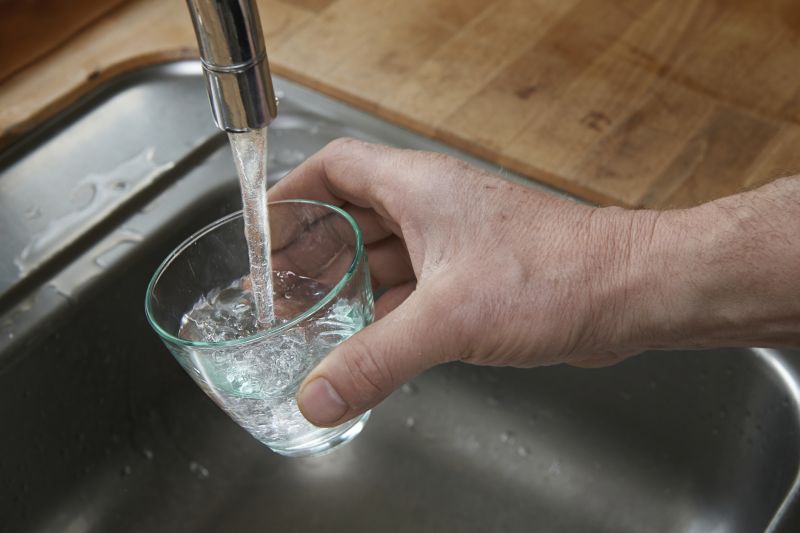
A 60-second routine that keeps Lead Contamination Testings looking new.

A frequent mistake in Lead Contamination Testings and how to dodge it.
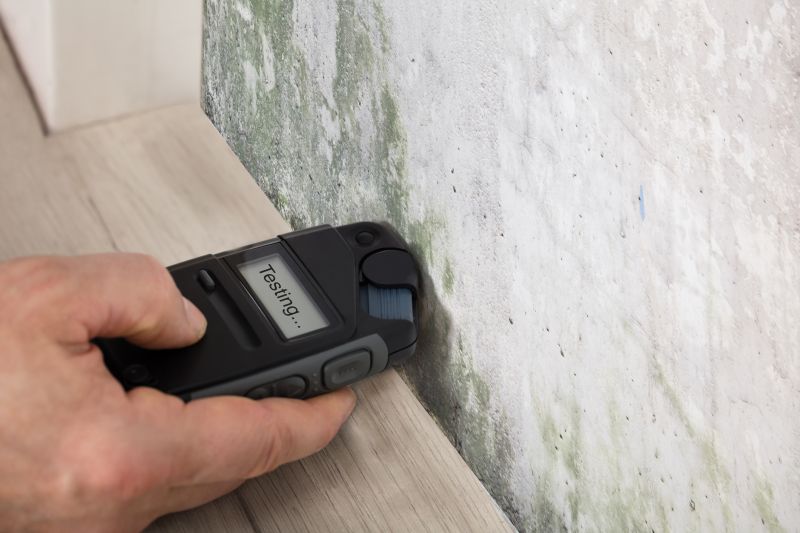
Small tweaks to make Lead Contamination Testings safer and easier to use.

Lower-waste or water-saving choices for Lead Contamination Testings.

The short, realistic tool list for quality Lead Contamination Testings.
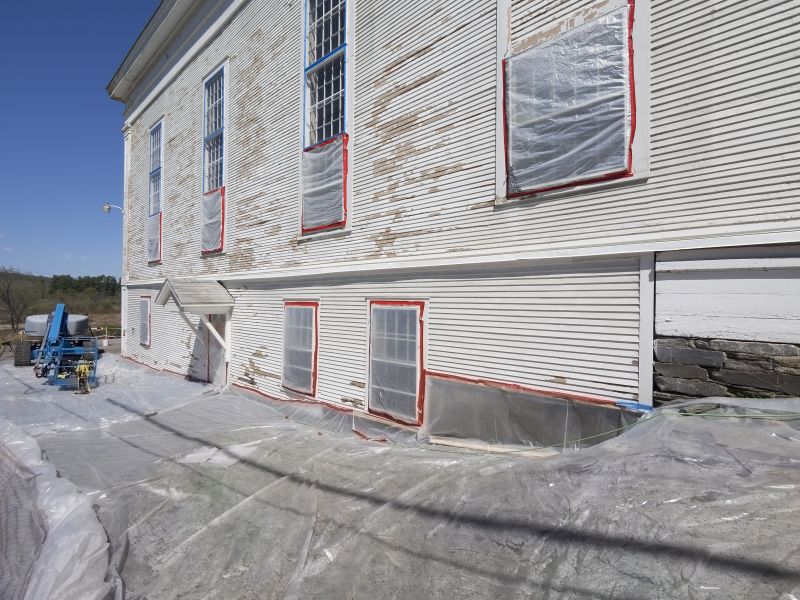
Rough timing from prep to clean-up for Lead Contamination Testings.
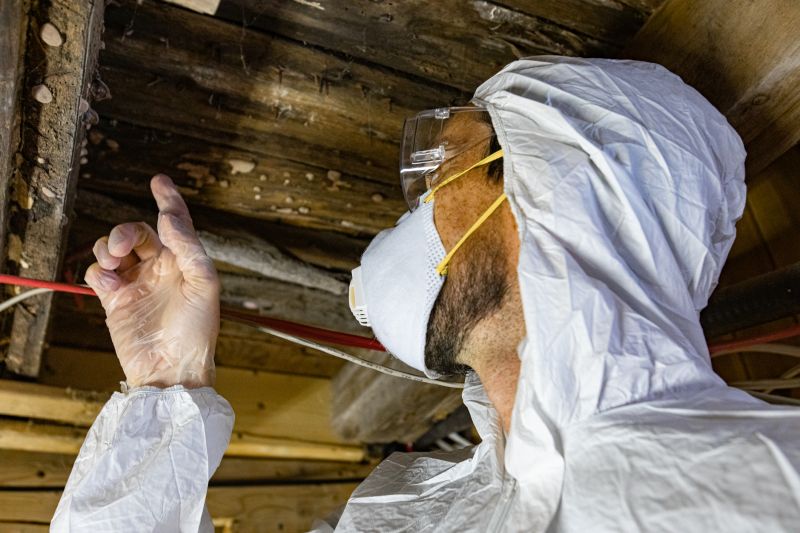
Quick checks and paperwork to keep after Lead Contamination Testings.
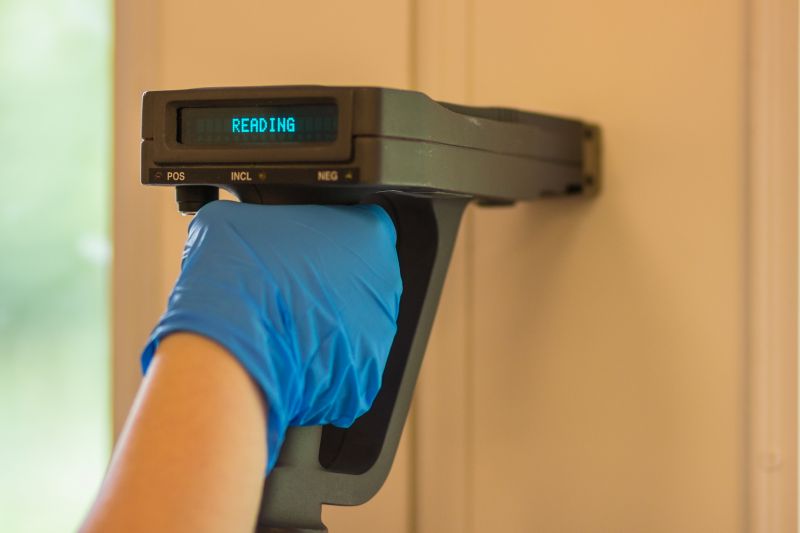
Examples that show the impact a good Lead Contamination Testings can make.
Individuals concerned about lead exposure should consider scheduling testing during key life events or property changes. Early detection allows for timely intervention, reducing health risks and ensuring environments remain safe for occupants.
For those interested in lead contamination testing, completing the contact form provides a straightforward way to initiate assessments and obtain detailed information about testing procedures and schedules.
